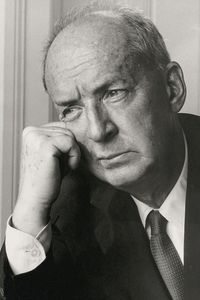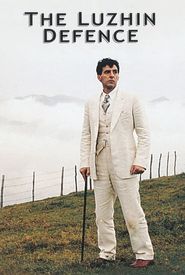Vladimir Vladimirovich Nabokov, a multifaceted Russian-born literary mastermind, was born in Imperial Russia in 1899. This extraordinary individual was a novelist, poet, translator, critic, and entomologist, renowned for his unparalleled post-1917 émigré authorship.
Initially, Nabokov penned his first nine novels in Russian while residing in Berlin, where he began to develop his unique writing style. His literary prowess eventually gained international recognition, particularly after he transitioned to writing in English following his move to the United States.
During his tenure as a professor of Russian literature at Cornell University from 1948 to 1959, Nabokov's writing continued to evolve, incorporating intricate stylistic devices. His novels frequently explored the concept of art itself, often presented in various disguises, as seen in Invitation to a Beheading (1938).
Parody became a recurring element in his works, starting with The Gift (1937-38) and later novels. Notably, his English-written novels included the provocative bestseller Lolita (1955),which catapulted him to international fame and wealth, as well as Pale Fire (1962) and Ada (1969).
Nabokov's episodic novel, Pnin (1957),drew inspiration from his own experiences as a literature professor in the United States, offering a poignant portrayal of an émigré professor of Russian. His critical works comprised a monumental translation and commentary on Aleksandr Pushkin's Evgeny Onegin, solidifying his reputation as a literary giant.
Throughout his life, Nabokov's work continued to captivate readers worldwide, leaving behind a lasting legacy that continues to inspire and influence generations of writers and scholars.






























